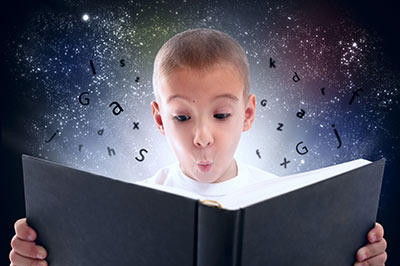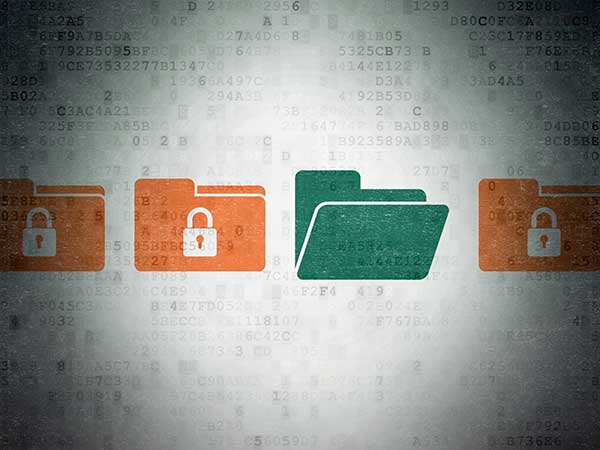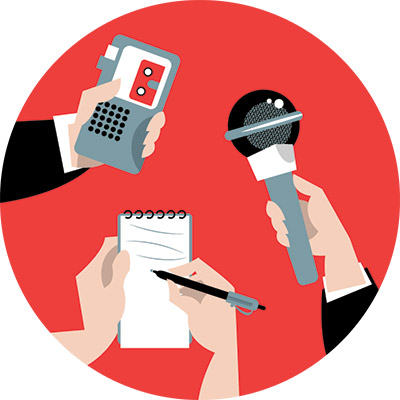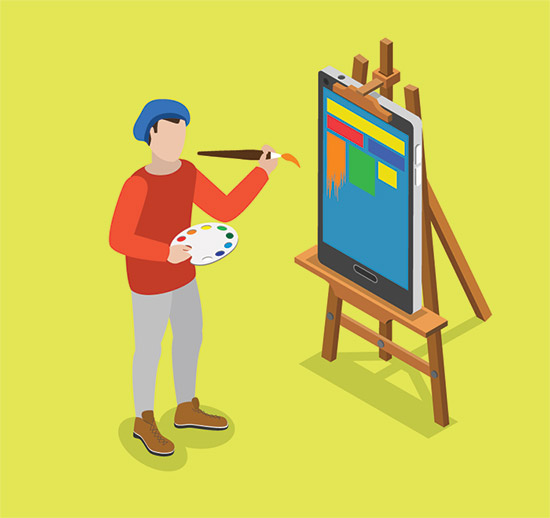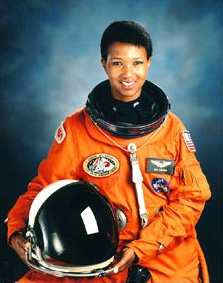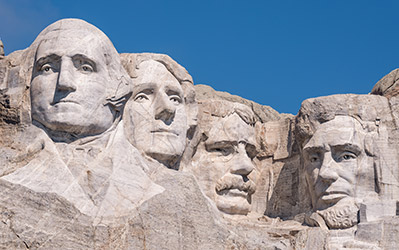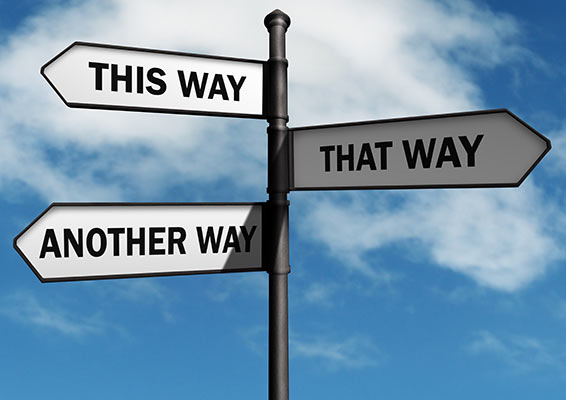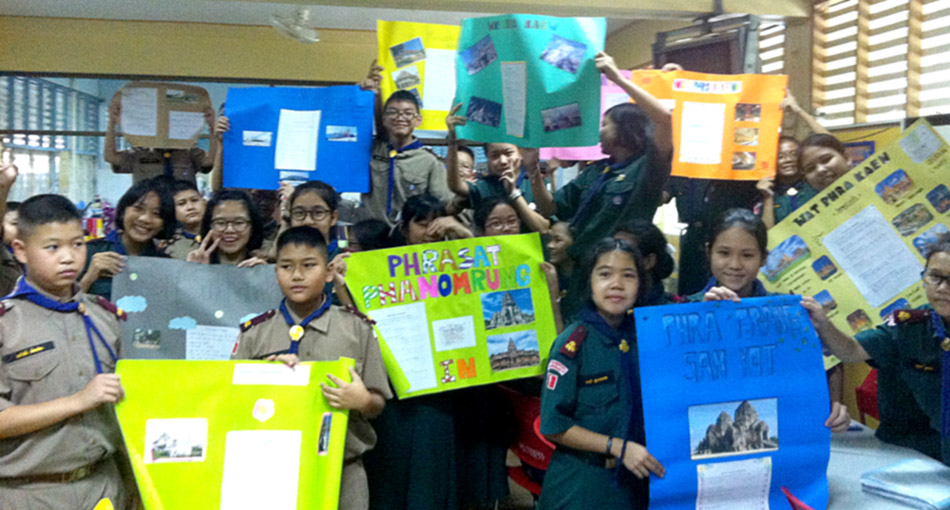You may have noticed a new symbol on some of our resource pages:

This is a Creative Commons license. When you see this symbol, you’re free to use, share, and re-purpose the material in your classroom as you see fit. The symbol designates the material as an open-education resource, or OER for short. Open-education resources are part of an emerging content revolution, with the potential for immense impact in the classroom and beyond.
What exactly is OER?
The Hewlett Foundation defines OER as . . .
Teaching, learning, and research resources that reside in the public domain or have been released under an intellectual property license that permits their free use and re-purposing by others. Open educational resources include full courses, course materials, modules, textbooks, streaming videos, tests, software, and any other tools, materials, or techniques used to support access to knowledge.
With OER, you are no longer beholden to static (and sometimes stale) textbook content. Instead, you can adopt, adapt, and share resources to meet your students’ specific needs. Open content can be retained, reused, revised, remixed, and redistributed.

